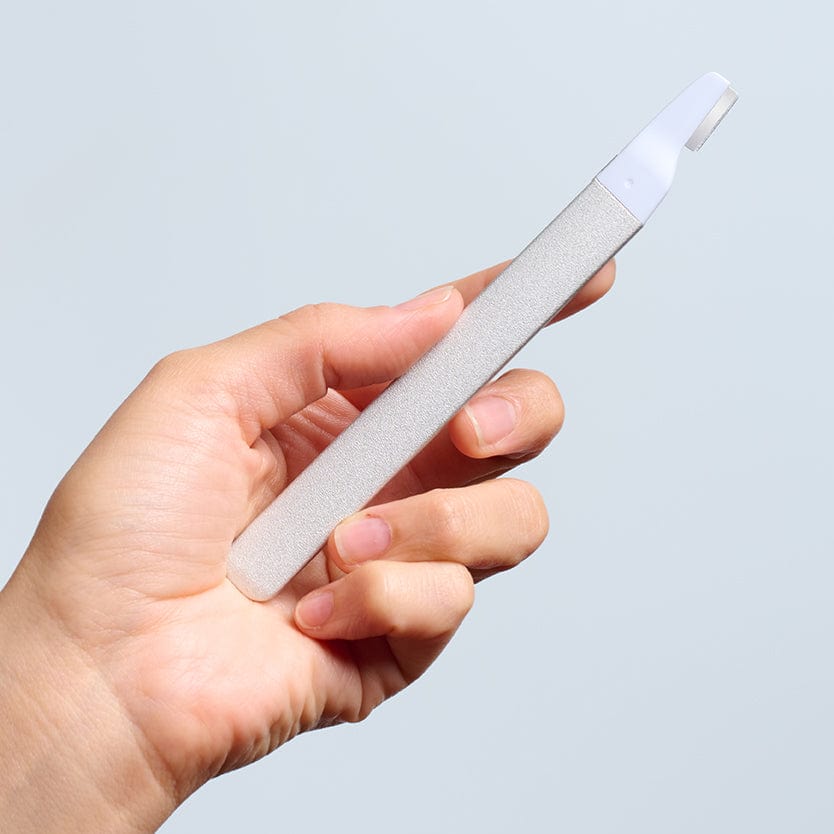Does Dairy Cause Acne?
Written by Kerry Benjamin

Dairy Hormones May Increase Sebum
Even if you’re buying organic milk from cows that aren’t treated with additional hormones, milk contains natural animal hormones designed to help baby cows grow. Great for baby cows. Not so great for your skin. Research suggests that the hormones in milk rev up your natural hormones—mainly testosterone and other androgens—that are in charge of regulating sebum production. More sebum means more acne caused by dairy breakouts. Hormonal breakouts usually pop up around the chin and jawline, so if you’re noticing breakouts concentrated in this area, you might have a change in hormone levels to thank.
Dairy Proteins May Trigger Breakouts
Milk contains proteins called casein and whey that release an insulin-like hormone called IGF-1 that has been shown to trigger breakouts. Because skim milk contains more casein and whey than whole milk, many people notice a greater frequency of breakouts when they’re consuming fat-free dairy. Some scientists also think that because casein in particular can be tricky for your body to digest, it triggers inflammation in the belly that can spread to your skin.
Not all Dairy is Equal
Research shows that acne caused by dairy correlates with milk and ice cream consumption, but not as much with yogurt and cheese consumption. One theory argues that the probiotics in yogurt may counteract the inflammatory effects of dairy. In addition, fermented dairy products like yogurt contain less of the blemish-causing IGF-1 hormone. Why the smaller correlation with cheese? The research is still out on that one, but some people think it might have to do with the smaller amounts of lactose in cheese.
About the Author

Kerry Benjamin, a licensed aesthetician, has over 14 years of experience. Kerry is the driving force behind StackedSkincare. As the company's CEO, Kerry has dedicated her career to revolutionizing skincare. Her innovative approach combines peels, serums, and specialized tools to effectively address a wide range of skin concerns. CA LE license number Z98459.

